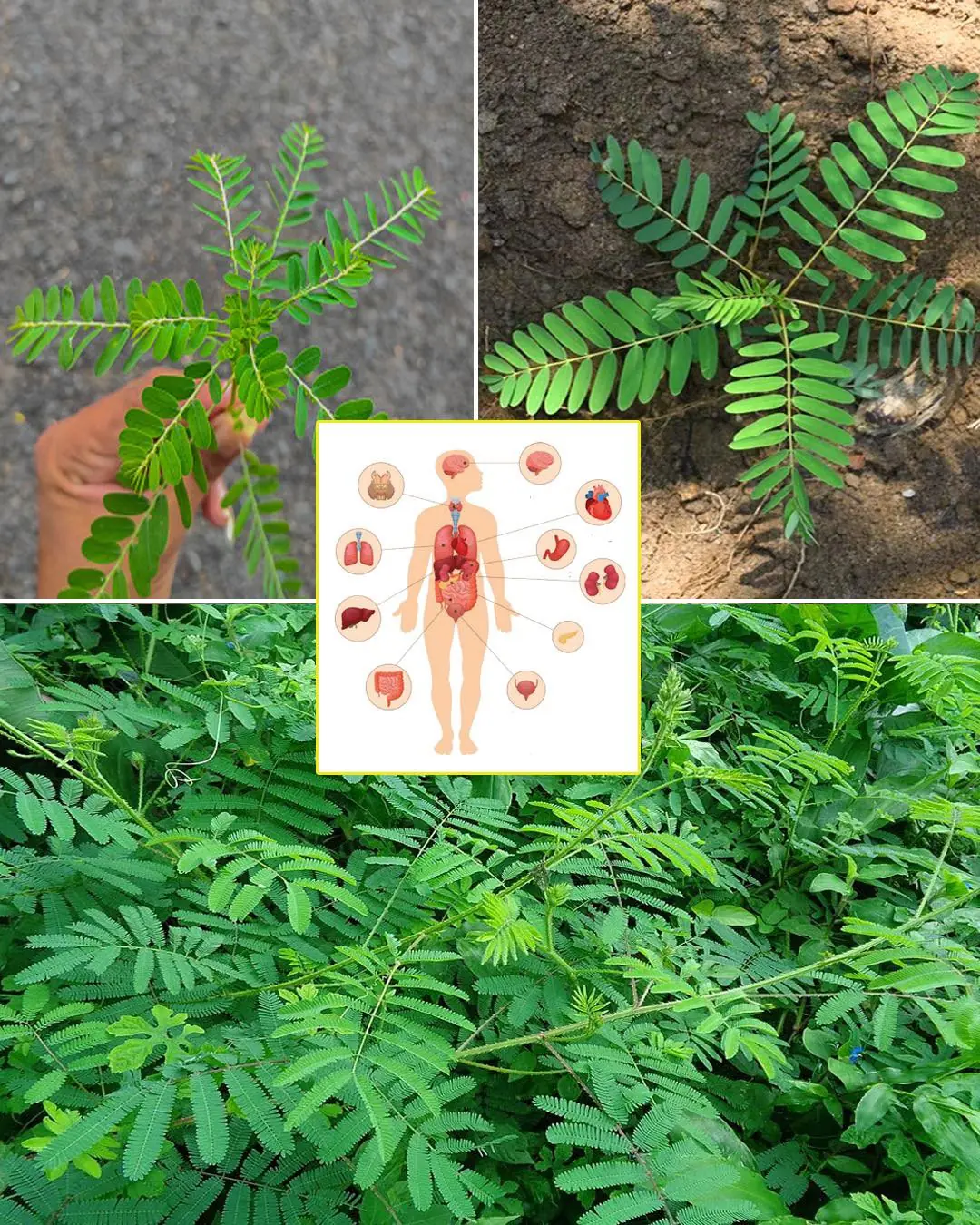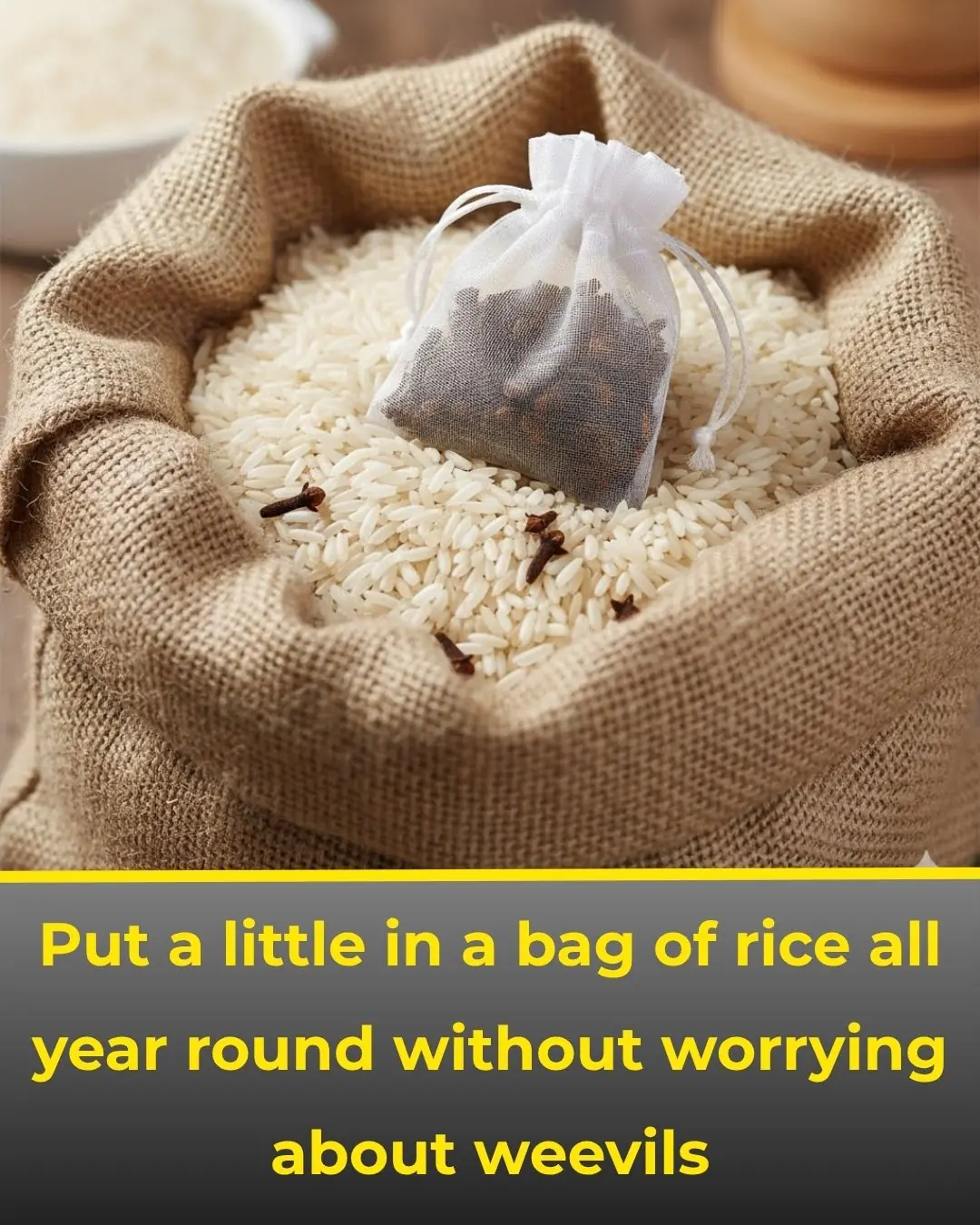
Put a clove of garlic by your pillow? Here’s what the tradition actually does — and what science and doctors say
A popular Vietnamese lifestyle post recommends putting a clove of garlic under your pillow at night, listing benefits such as better sleep, stronger immunity, fewer insect bites, relief from nasal congestion and general relaxation. The original piece also offers quick kitchen tips for peeling garlic. (Original Vietnamese post). Tạp Chí Đời Sống
Below I’ve rewritten that article in clear English, expanded it with scientific context and safety notes, and added citations from reputable medical and food-science sources.
What people claim (traditional/home remedy)
The home-remedy claims are straightforward: an unpeeled garlic clove under your pillow will
-
help you sleep more soundly,
-
“boost” your immunity or reduce colds,
-
act as a natural insect repellent (mosquitoes/flies),
-
ease nasal congestion, and
-
promote calm or relaxation.
The Vietnamese write-up also lists fast ways to peel garlic (smash first, soak briefly in hot water, microwave for a few seconds, or rub cloves together in a hot pan). Tạp Chí Đời Sống+1
What the evidence actually shows
-
Sleep and relaxation. There’s no solid clinical evidence that sleeping with garlic under your pillow improves sleep quality. Any calming effect is most likely psychological (a placebo effect) or the result of ritual and expectation rather than a pharmacological action from the garlic fumes. (No robust sleep trials exist). Sleepopolis
-
Immunity and colds. Laboratory and some small human studies suggest garlic compounds (notably allicin) have antimicrobial and antiviral activity in vitro, and a small randomized trial reported fewer colds in people taking a standardized garlic supplement vs placebo. But systematic reviews conclude the clinical evidence is limited and inconsistent — and those trials tested ingested garlic supplements, not passive exposure to a clove under a pillow. So the idea that a pillow-clove will reliably prevent colds is unsupported. ScienceDirect+2PubMed+2
-
Insect repellent. People commonly believe garlic repels mosquitoes. Controlled studies have generally not found that eating garlic reliably prevents mosquito bites; concentrated garlic oil can show repellent activity in lab tests, but it’s far less effective and practical than EPA-recommended repellents (DEET, picaridin, oil of lemon eucalyptus). Relying on a clove under the pillow for insect protection is not recommended. PubMed+2ABC News+2
-
Nasal congestion and “allicin vapor.” Viral TikTok trends have promoted sticking garlic in the nostrils, but ENT specialists warn this can irritate mucous membranes and even worsen congestion or cause injury; the mucus seen in viral clips is a reflex response, not proof of a cure. Similarly, there’s no proof that passive inhalation of garlic from a clove under a pillow will meaningfully clear sinuses. If congestion is a problem, saline rinses or proven medical treatments are safer. Cleveland Clinic+2Food & Wine+2
Practical garlic-peeling tips (safe kitchen hacks)
If you’re putting garlic to culinary use, here are quick, low-risk ways to peel cloves: smash the clove first then remove the skin; soak separated cloves in hot water for a minute (skins slip off); microwave whole cloves for ~8–10 seconds to loosen skins; or rub cloves together in a heated pan to loosen the peel. (These are standard chef tips.) Bon Appétit
Bottom line — harmless tradition, but don’t expect miracles
Placing an unpeeled garlic clove under your pillow is a low-risk folk remedy and may feel comforting to some people, but major claimed benefits (preventing colds, reliably repelling mosquitoes, clearing sinuses, improving sleep chemically) are not well supported by clinical evidence. Garlic does contain biologically active compounds with proven antimicrobial effects in the lab, and some eaten garlic supplements have shown modest effects in trials — but those findings don’t validate the “pillow clove” as medical therapy. If you have persistent sleep, cold or sinus problems, or you’re relying on mosquito protection in a disease-risk area, use evidence-based treatments (good sleep hygiene, medical care, EPA-approved repellents) and consult a clinician. Medical News Today+2PMC+2
News in the same category

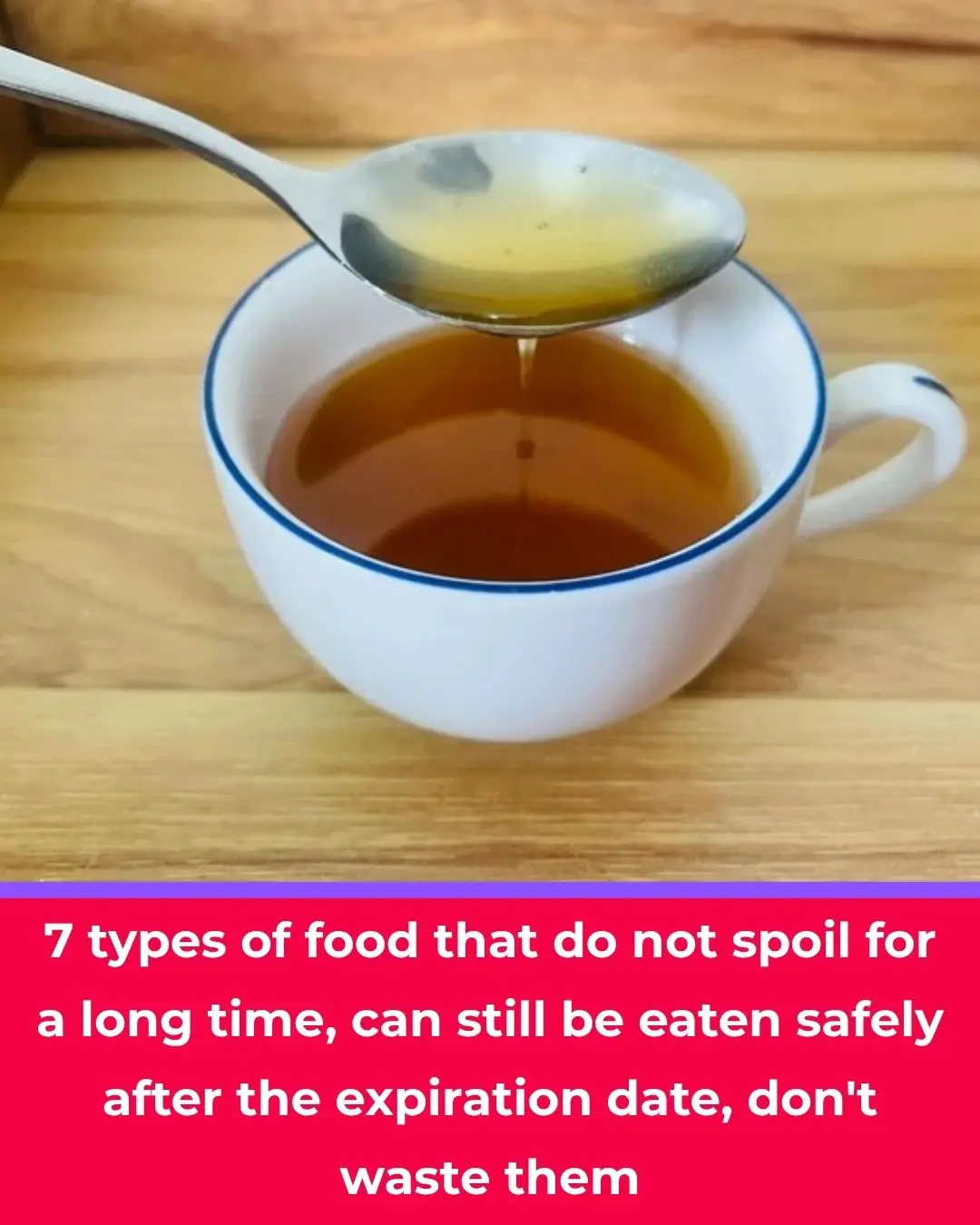
7 pantry items that really don’t spoil — and how to store them so they stay great
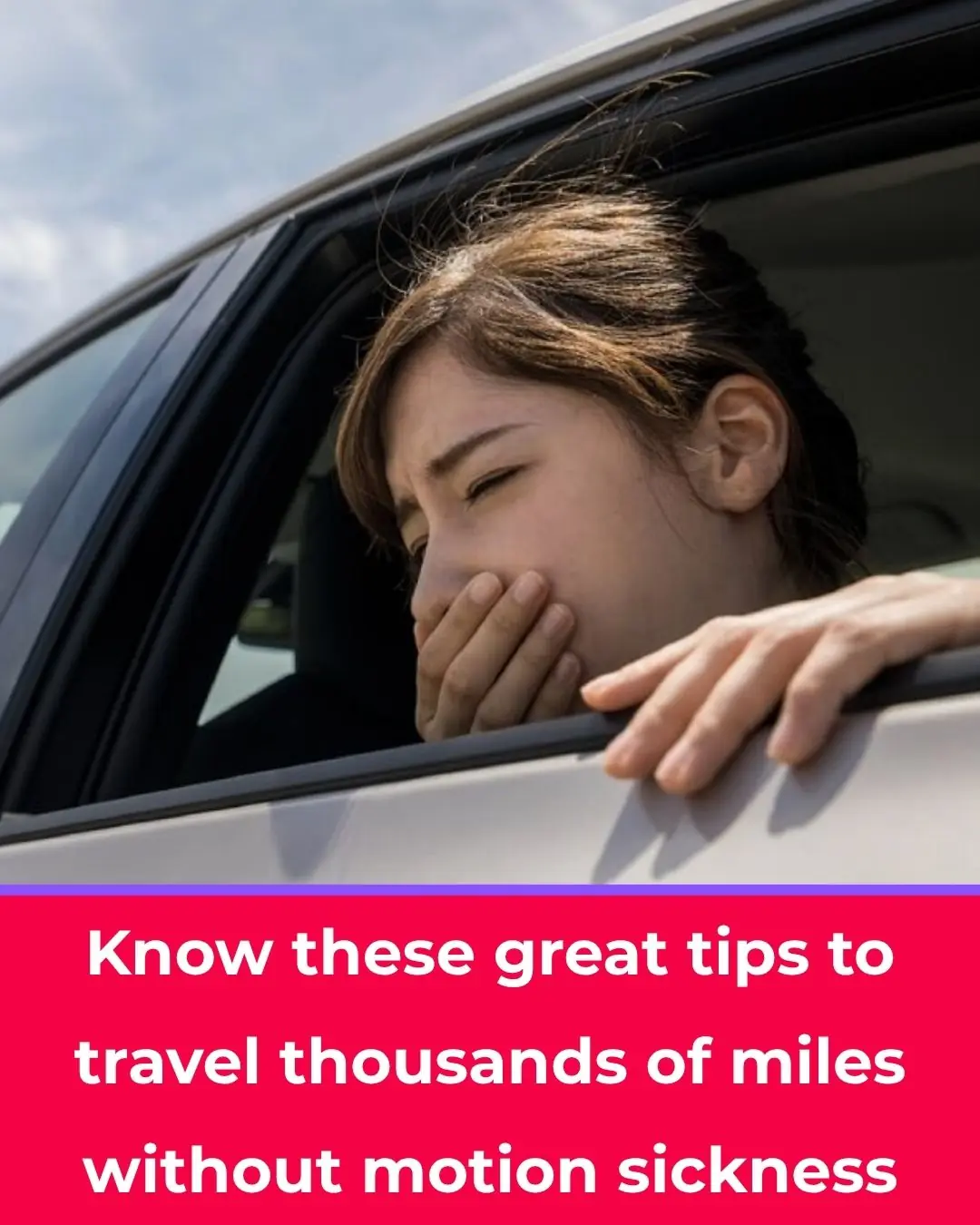
8 instant, drug-free ways to stop motion sickness — rewritten, expanded and evidence-backed
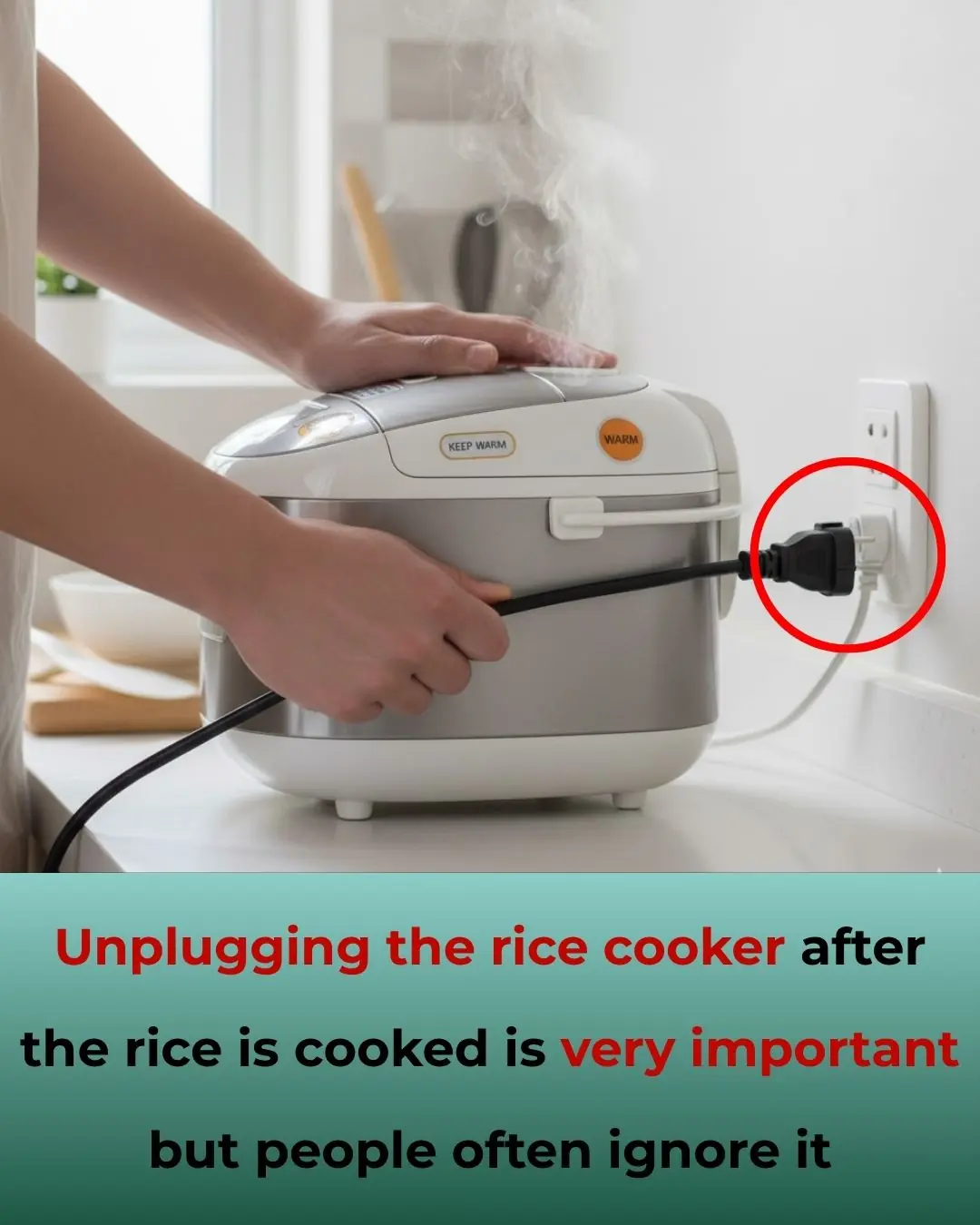
Do you need to unplug the rice cooker after the rice is done? — an expanded, evidence-backed guide
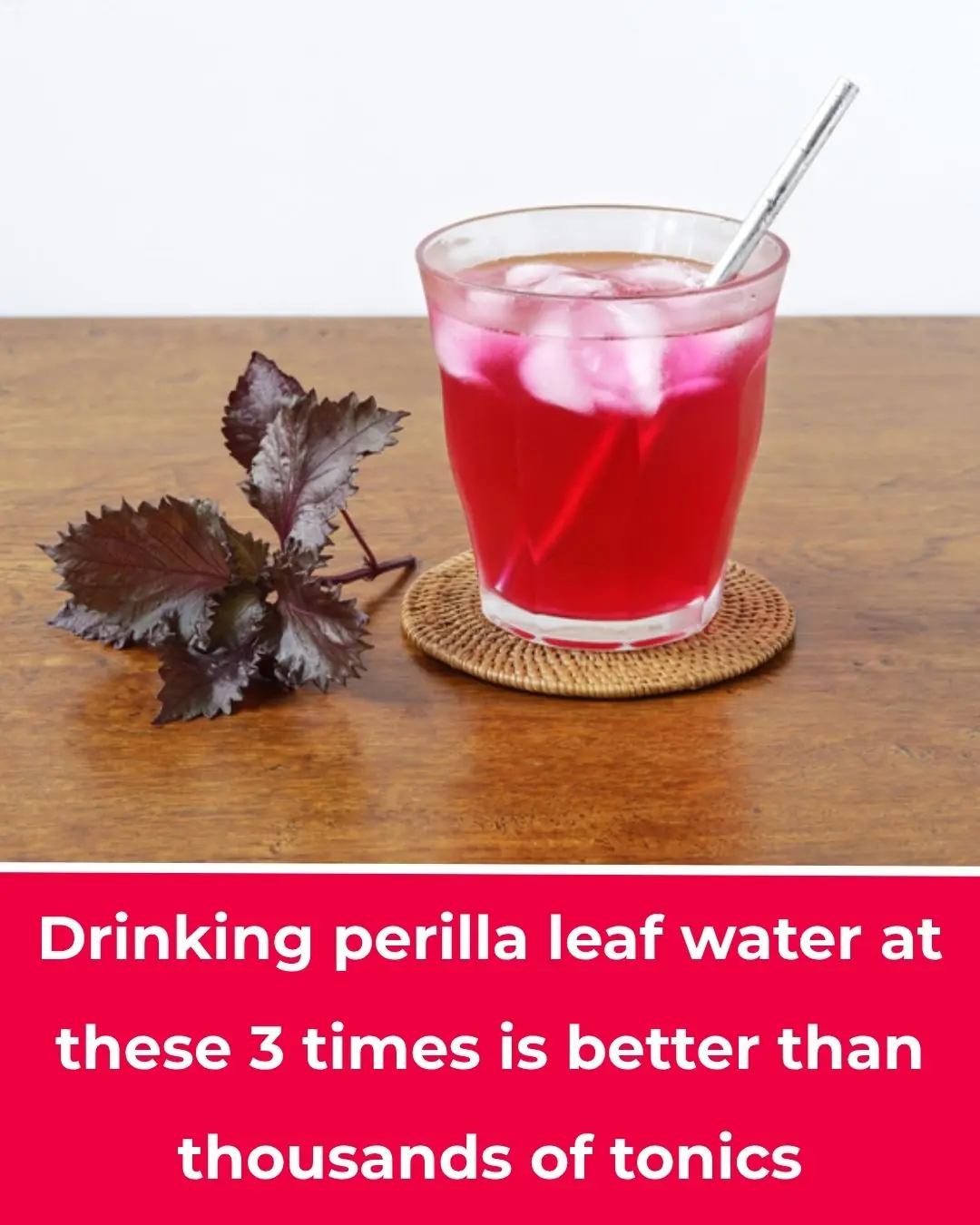
The 3 best times to drink perilla leaf tea — and what science and safety advice say
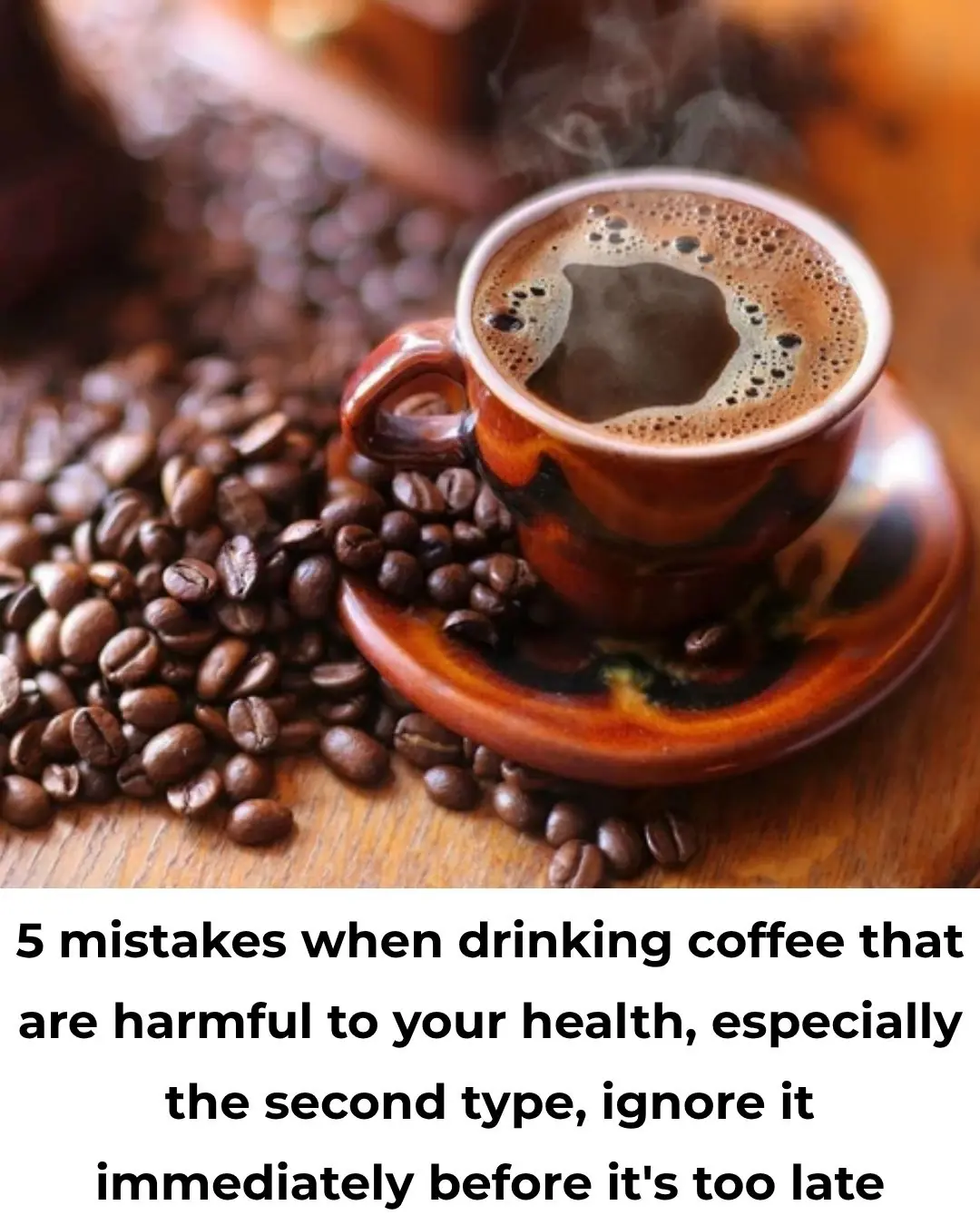
5 common coffee mistakes that can harm your health — and safer, evidence-based fixes
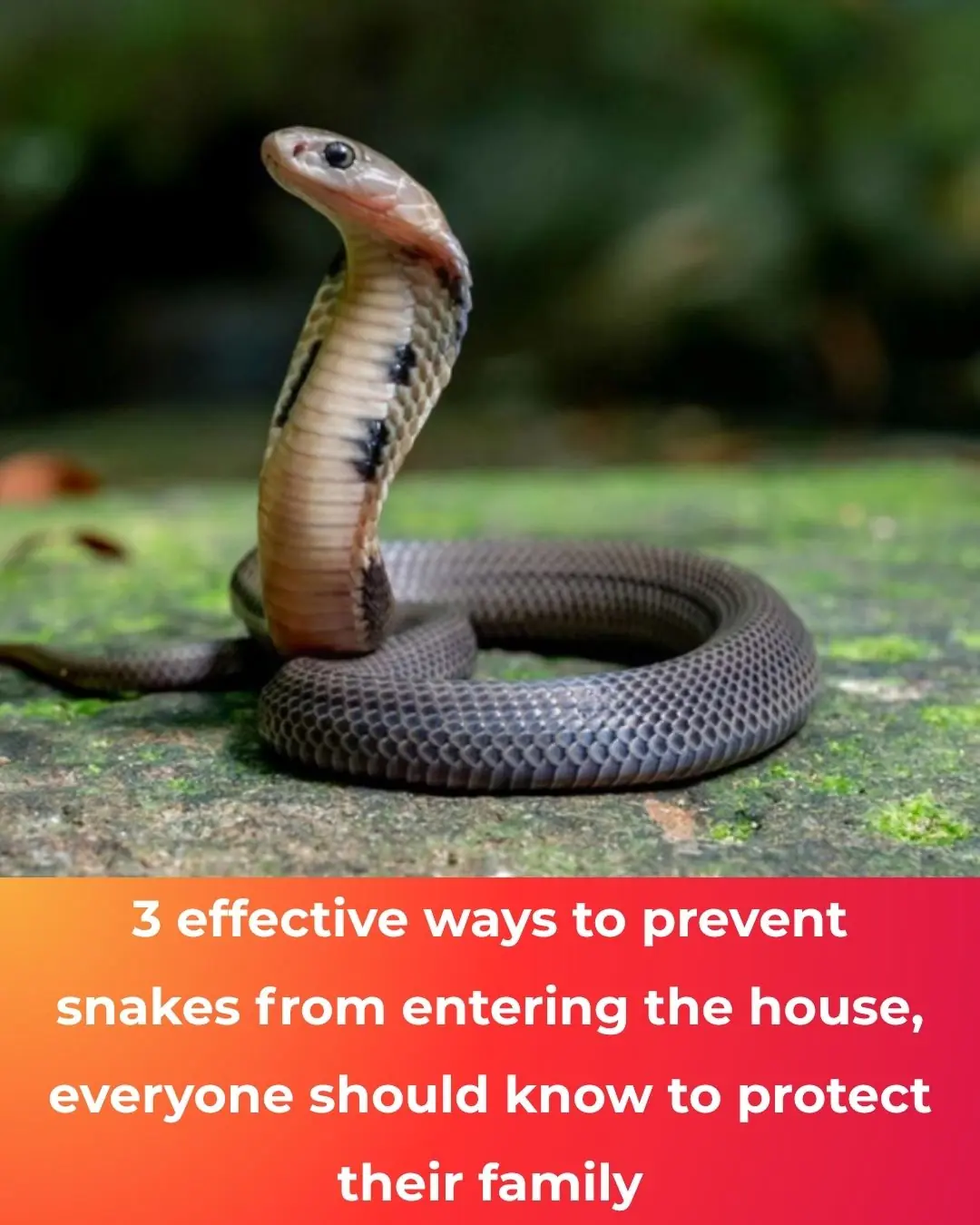
3 practical ways to stop snakes from getting into your home — plus safer alternatives and what not to do

Robin Williams' daughter issues desperate plea to fans after receiving 'disgusting' AI videos of her dad

Reason why Donald Trump had 'no chance' at winning' Nobel Prize despite his claims 'he deserved it'

Emmerdale fans 'work out' what's really wrong with Moira Dingle after collapse

McFly star Harry Judd's wife Izzy opens up on their child's difficult health condition

Bill Belichick trying to ‘find the leak’ with reports of UNC dysfunction spreading

Mike Francesa misses Yankees watch party for ‘emergency’ surgery

Taylor Swift’s floral ‘Late Night With Seth Meyers’ outfit is covered in Easter eggs

Selena Gomez’s kidney donor, Francia Raisa, addresses wedding snub and feud rumors

‘Shuts TF Up’: Scott Jennings’ Unhinged Back and Forth with Abby Phillip Takes a Turn When Van Lathan Begins to Speak

Melissa Koby Becomes First Black Woman to Create Official U.S. Open Artwork, Honors Althea Gibson for 75th Anniversary

Joy-Ann Reid Returns to the Mic With New Podcast “The Joy Reid Show”

Kamala Harris Makes Surprise Appearance at Compton High Graduation After Chance Encounter With Student
News Post

Growing Wildflowers: A Mother’s Journey Through the Chaos

The Baby in Princess Diana’s Arms

A Lifetime in Bloom: Lois Shows Us What Passion Truly Grows

Farewell to a Giant Soul: Vatsala the Elephant Passes at 100
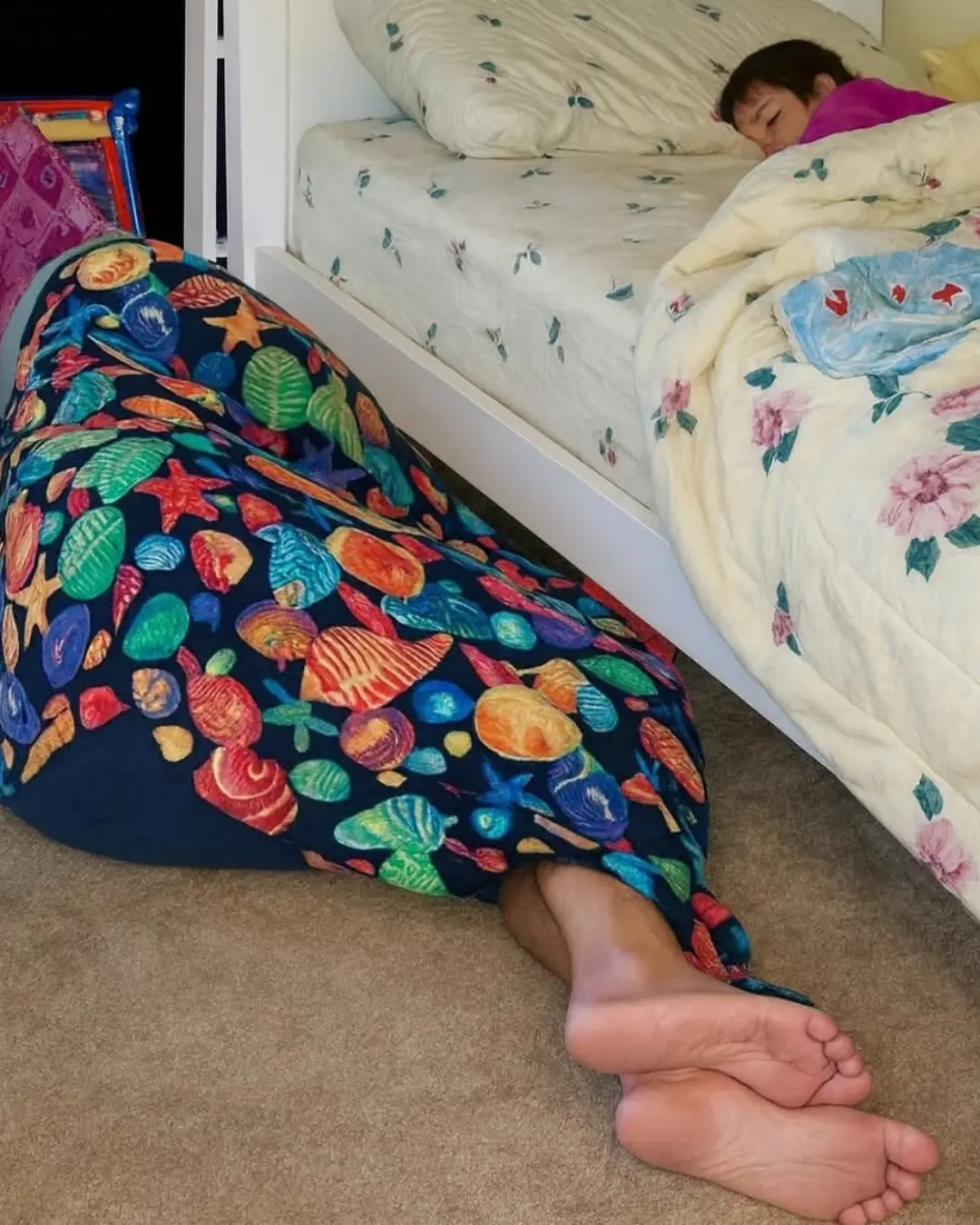
Keeping the Monsters Away: The Quiet Heroism of Foster Parents

From Sidewalk to Forever: A Daughter’s Choice That Changed Everything

A Thirst for Life: Cyclists Halt Ride to Save Parched Koala in Australia’s Heatwave

An Actor’s Greatest Role: Morgan Freeman Becomes a Guardian of Strays

When a Celebration Became a Goodbye: A Daughter’s Farewell to Her Faithful Companion

Bella the Hero: How a Pit Bull’s Loyalty Saved a Life
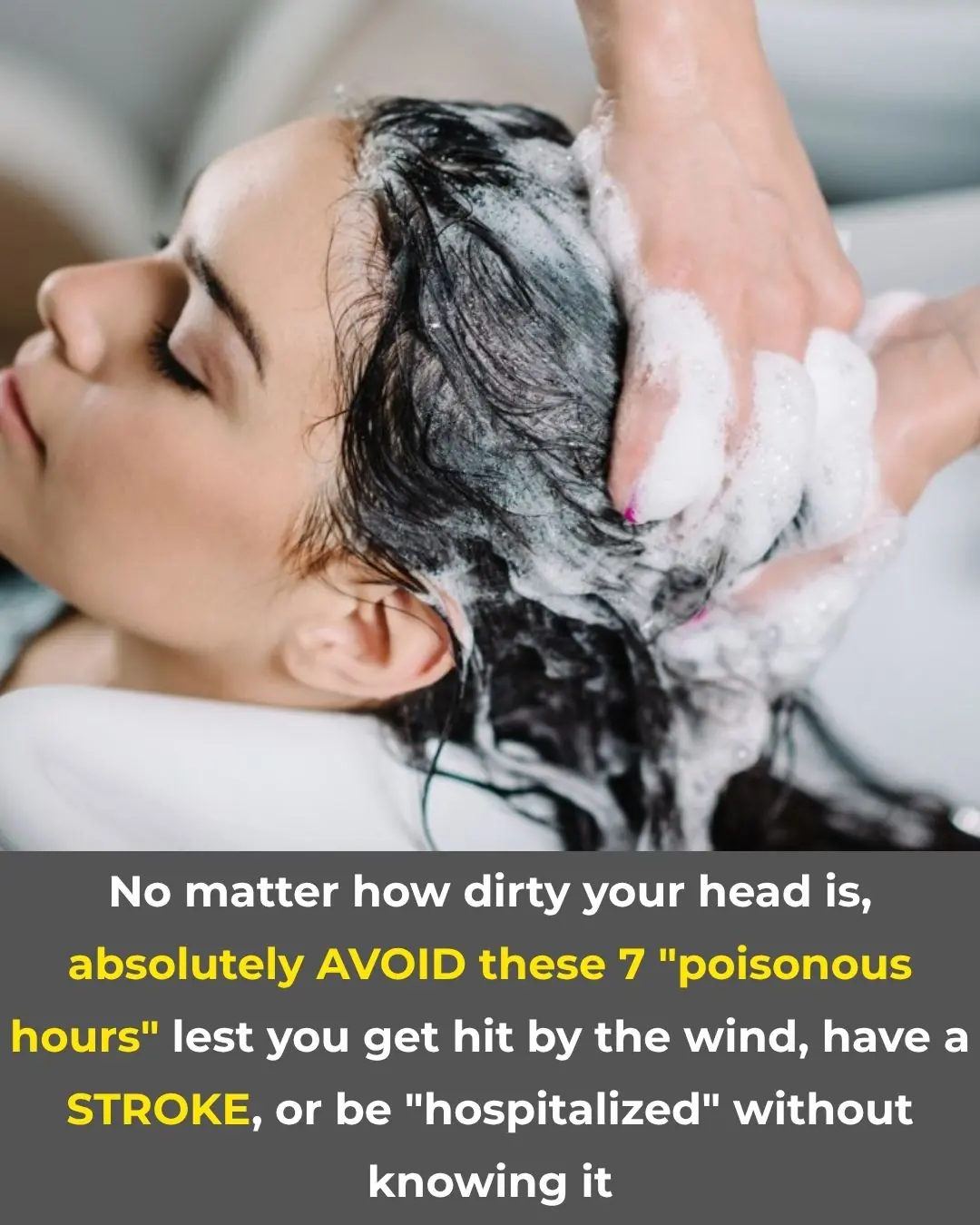
No Matter How Dirty You Are, Absolutely AVOID These 7 “Dangerous Hours” When Washing Your Hair to Prevent Stroke, Sudden Illness, or Hospitalization Without Warning
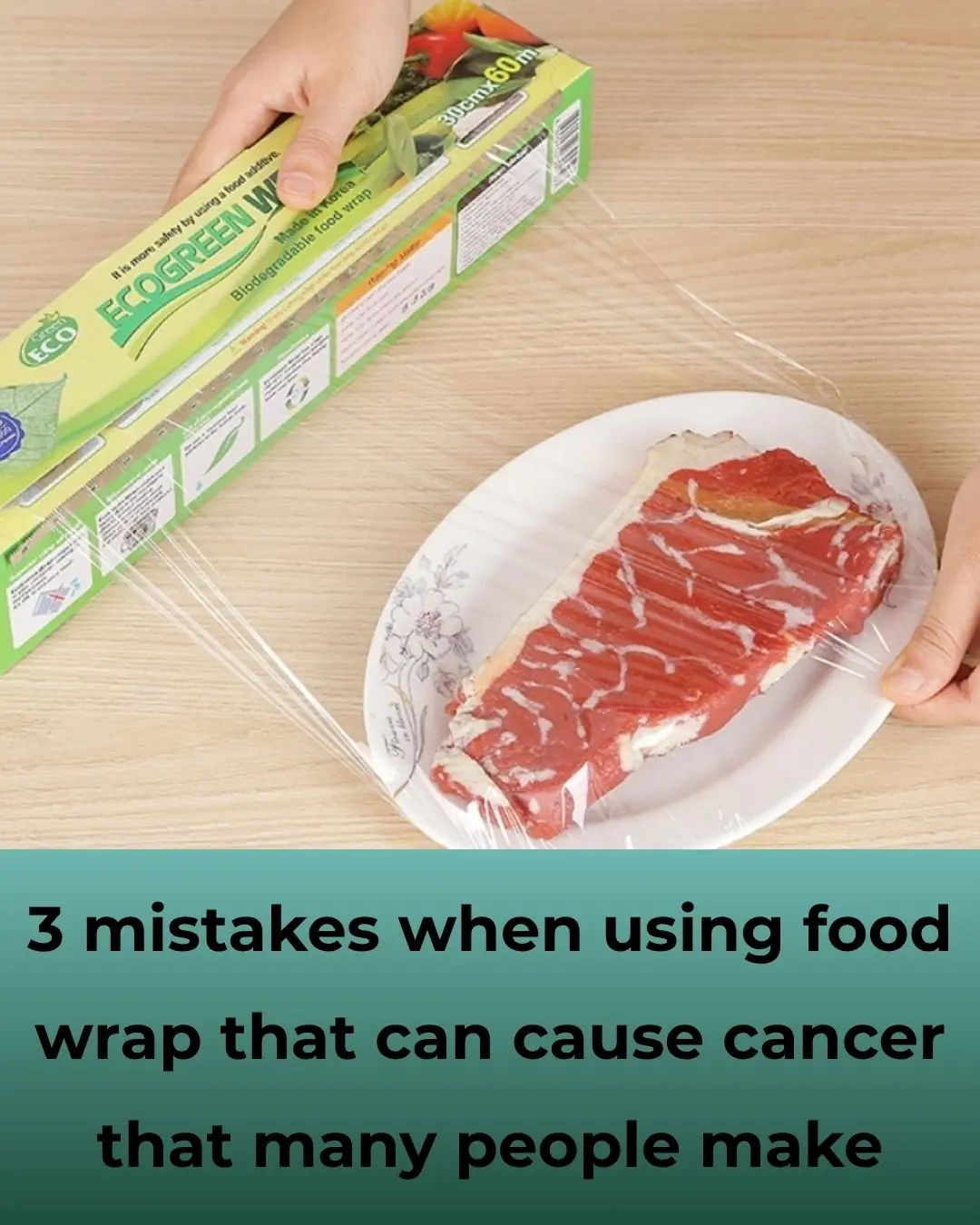
3 Common Mistakes When Using Plastic Wrap That Can Cause Cancer and Are Often Made by Many People

A Kiss from Joy: The Language of Love Between Elephants and Humans
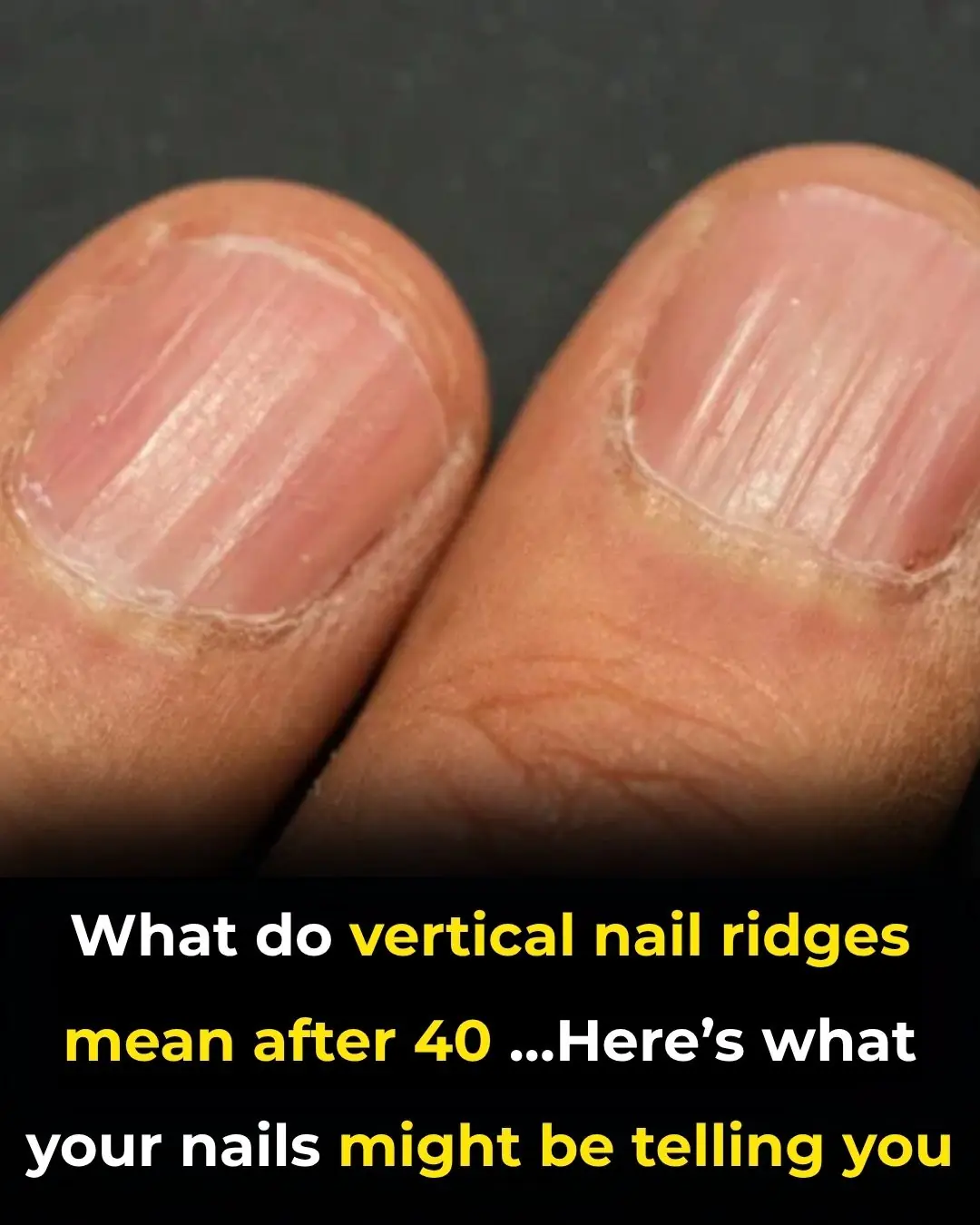
What Do Vertical Nail Ridges Mean After 40
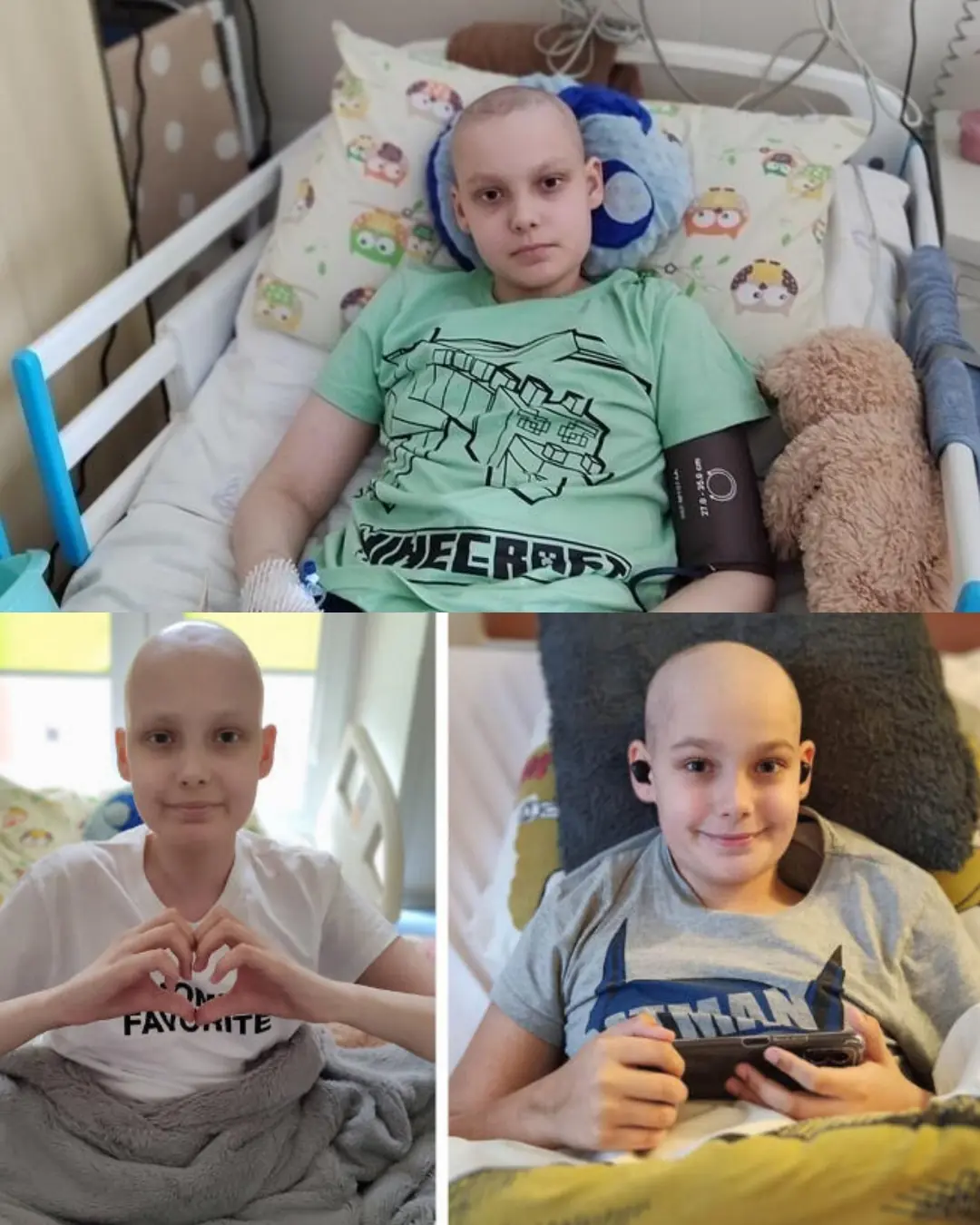
A Brave Fight for Life: Kuba’s Battle Against Ewing’s Sarcoma
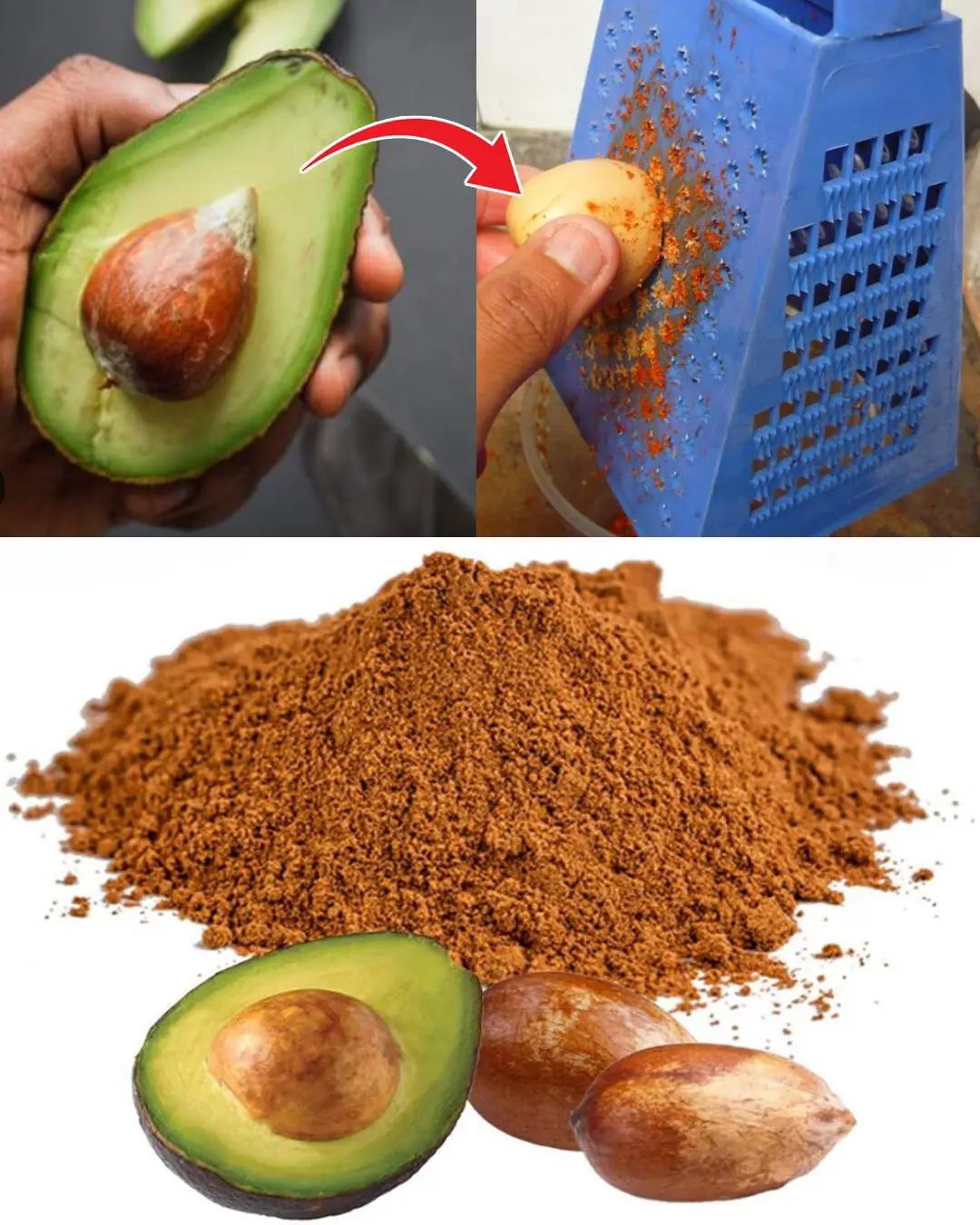
Avocado Seeds Benefits: 7 Reasons to use them
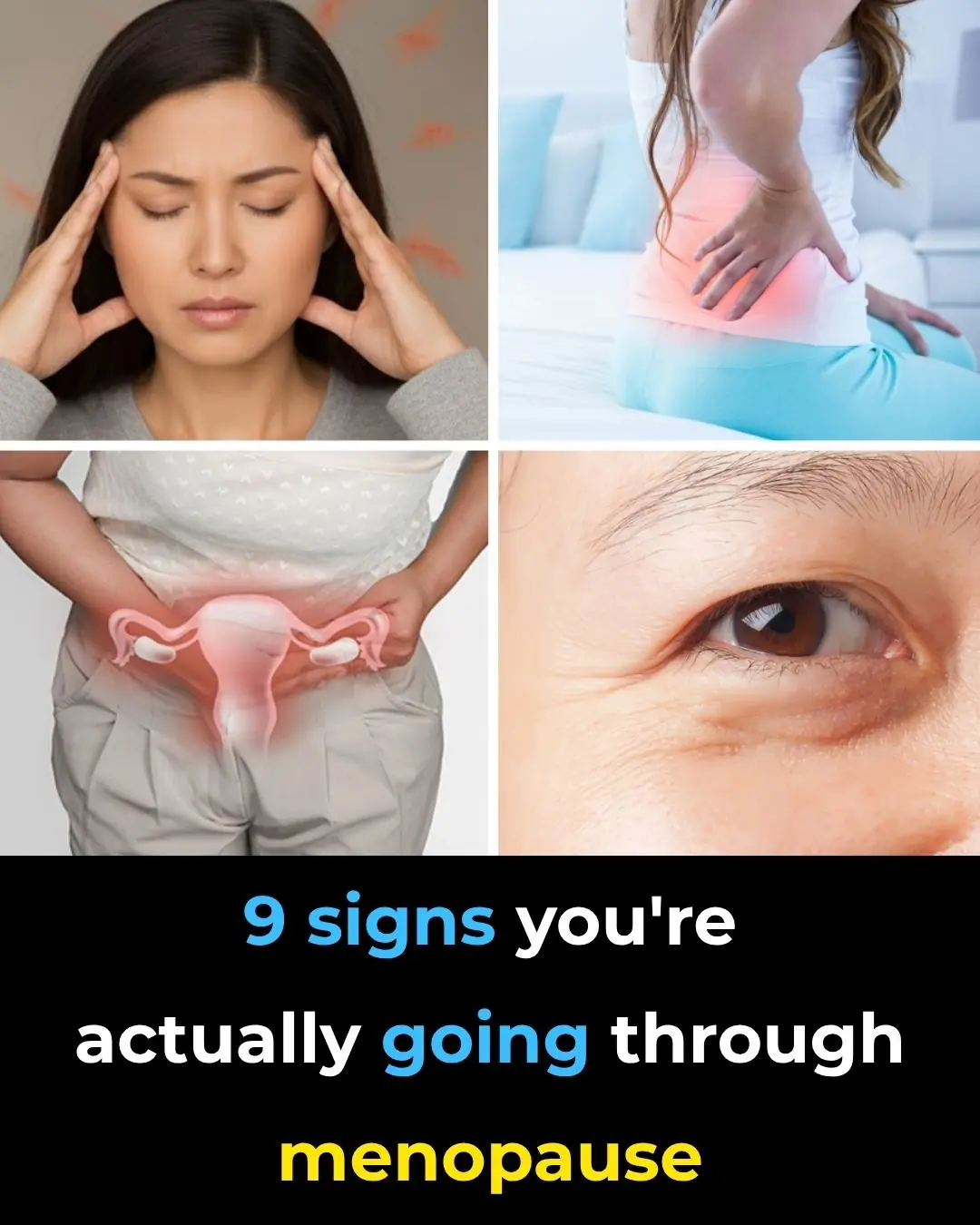
9 Signs You’re Actually Going Through Menopause (Even If You Didn’t Realize It)
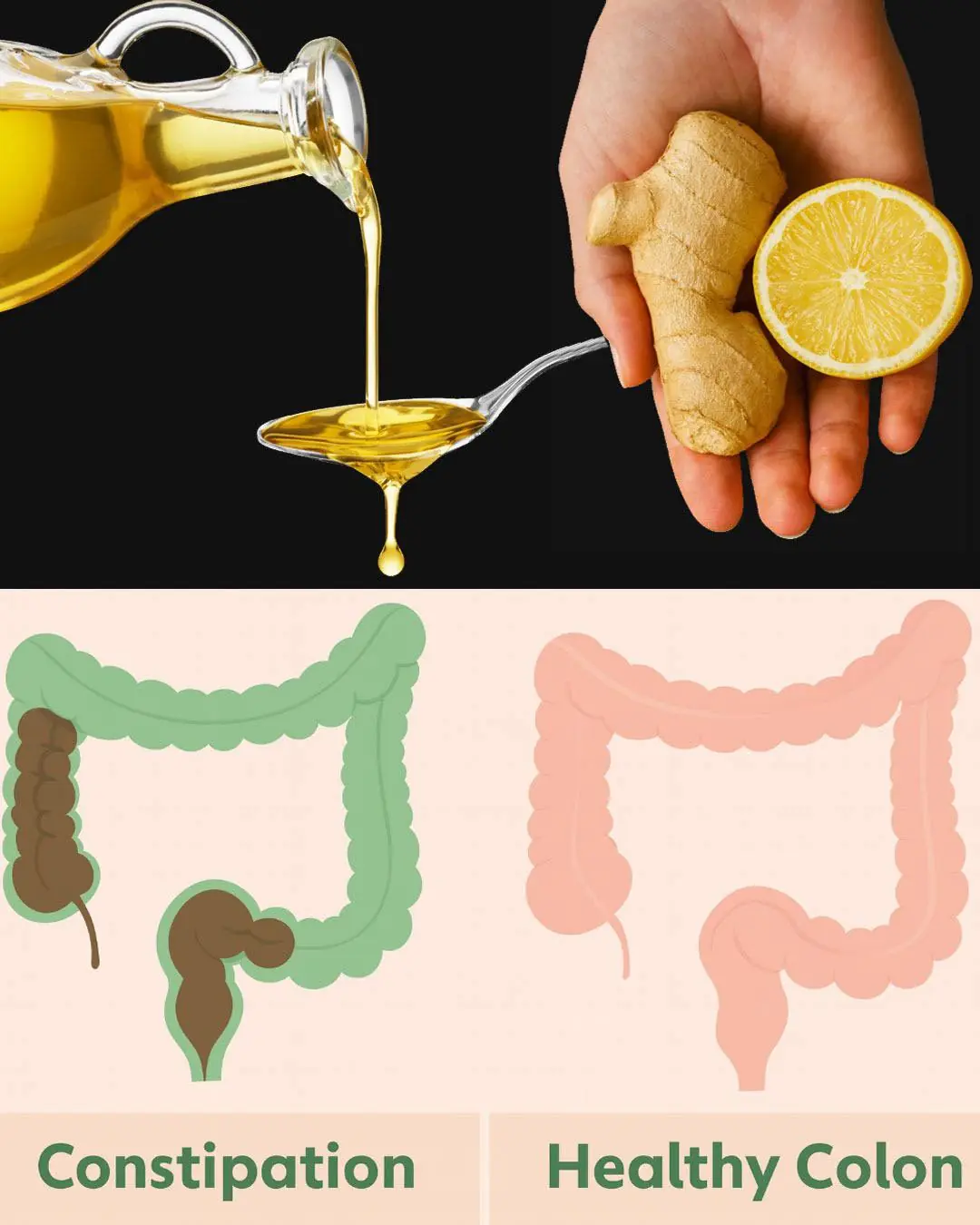
Morning Detox Elixir: Olive Oil, Lemon & Ginger – The Natural Cleanse You Need Daily
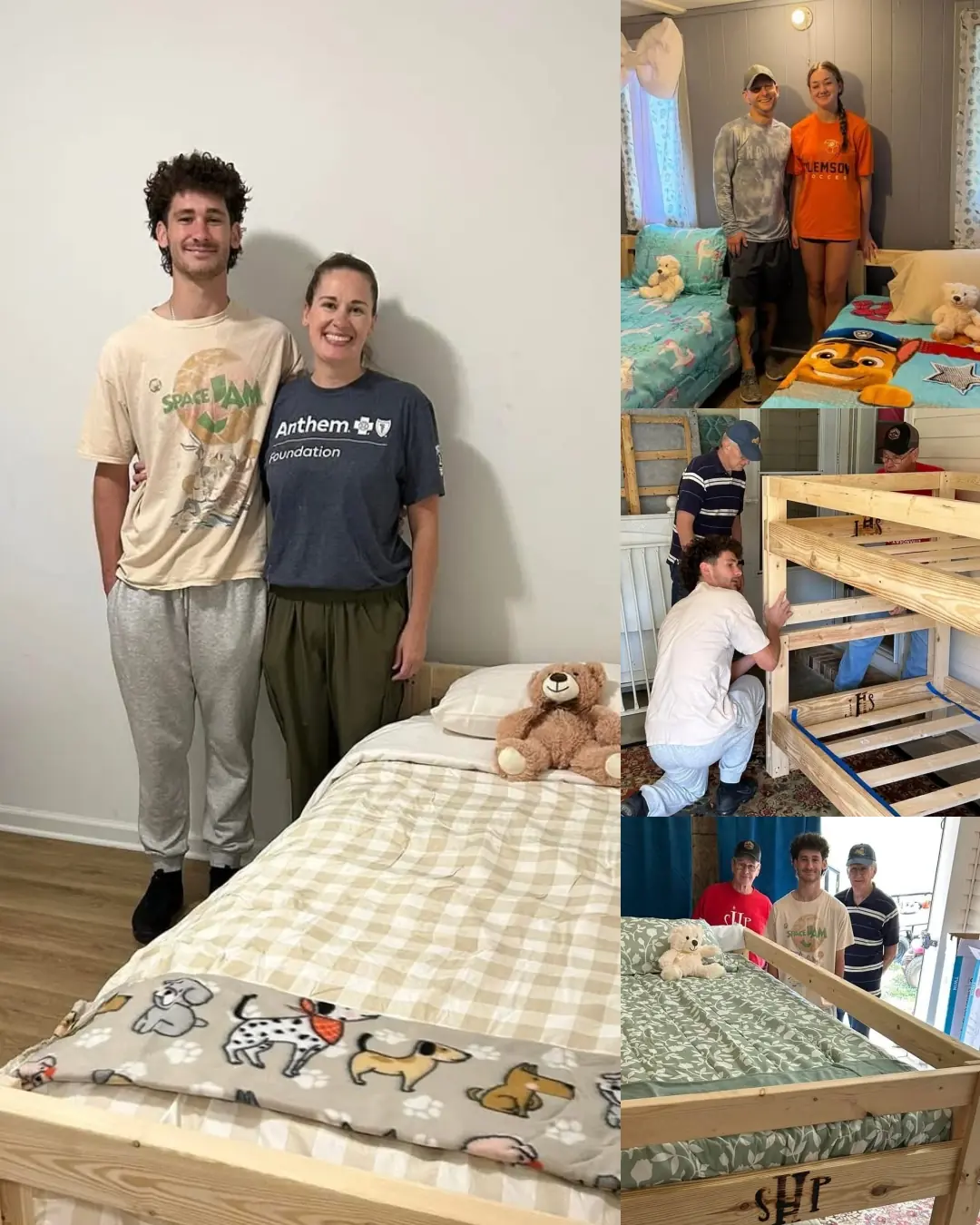
Nine Children in Dawsonville Get the Gift of a Bed, Comfort, and Peaceful Sleep
